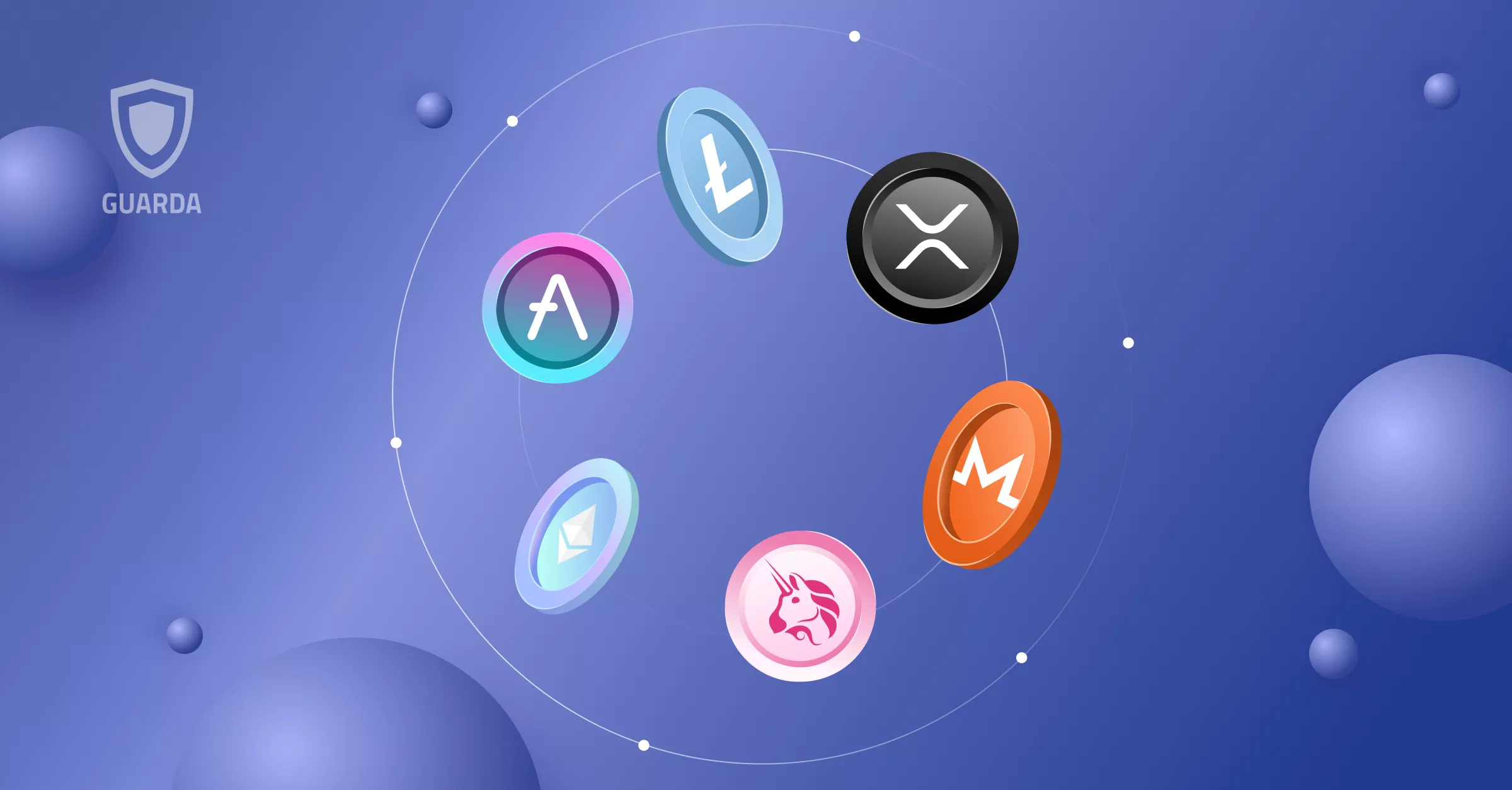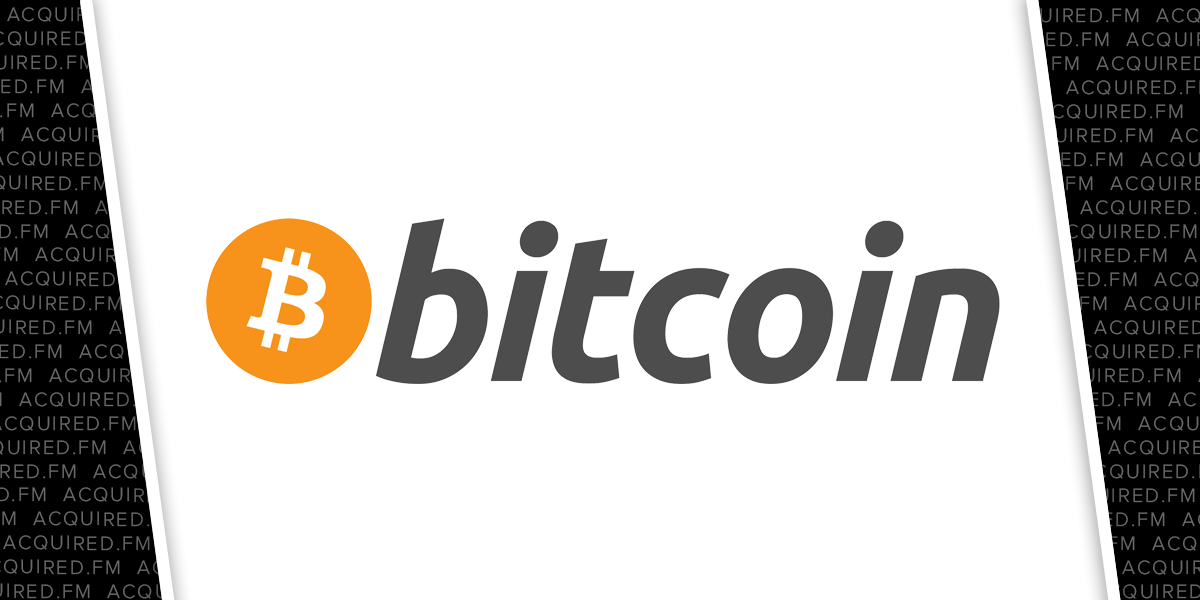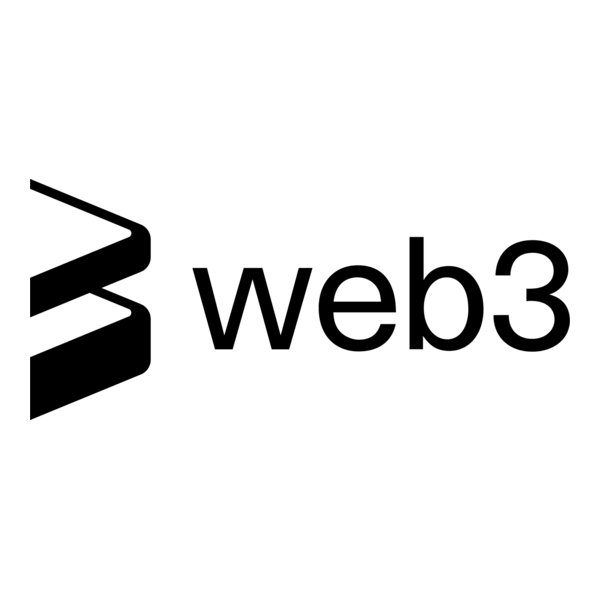Key Takeaways
- Privacy coins remain critical for secure, anonymous transactions in 2025–2026.
- The top privacy coins combine strong encryption, active development, and real-world adoption.
- Choosing a privacy coin requires understanding network security, fungibility, and regulatory considerations.
The Importance of Privacy Coins in 2025–2026
As blockchain adoption expands globally, transaction transparency is both a strength and a concern. Public ledgers make blockchain traceable, which can compromise user privacy and financial confidentiality. Privacy coins address this by obscuring transaction details, protecting sender and receiver identities, and enhancing fungibility.
In 2025–2026, privacy coins are not just tools for anonymity—they are increasingly used in business, finance, and regulatory-compliant applications, balancing confidentiality with transparency where needed.
1. Monero (XMR): The Gold Standard of Privacy
Monero remains the flagship privacy coin, offering ring signatures, stealth addresses, and confidential transactions. Its active development and strong community support ensure that Monero continues to set the standard for privacy in cryptocurrency.
Key features:
- Fully private transactions by default
- Strong fungibility
- Active development and audit-friendly upgrades
2. Zcash (ZEC): Optional Privacy with zk-SNARKs
Zcash offers zero-knowledge proofs (zk-SNARKs) for fully shielded transactions while allowing users to choose transparent transfers. This flexibility makes Zcash attractive for compliance-sensitive applications.
Highlights in 2025–2026:
- Optional privacy for regulatory compliance
- Efficient and scalable zk-SNARK implementation
- Institutional adoption in privacy-focused finance
3. Dash (DASH): Privacy and Payments Integration
Dash combines privacy features with fast, low-cost payments. Its PrivateSend feature allows users to mix coins for anonymity, and its extensive merchant adoption supports real-world usability.
Key benefits:
- Instant and private payments
- Widely accepted in crypto-friendly merchants
- Hybrid privacy model with optional mixing
4. Verge (XVG): Multi-Layered Anonymity
Verge uses multiple privacy networks including Tor and I2P to hide user IP addresses. While it is less prominent than Monero or Zcash, Verge appeals to users seeking both network-layer and transactional privacy.
Notable points:
- IP obfuscation for sender anonymity
- Fast transaction confirmations
- Focus on privacy for everyday users
5. Horizen (ZEN): Scalable Privacy Platform
Horizen combines privacy-focused transactions with a modular sidechain architecture, enabling decentralized applications while preserving anonymity.
In 2025–2026, Horizen emphasizes:
- Secure and private dApp hosting
- Sidechains for enterprise adoption
- Strong developer ecosystem
6. Pirate Chain (ARRR): Full Privacy by Default
Pirate Chain enforces complete privacy by default using zk-SNARKs. Unlike optional privacy coins, all transactions are fully shielded, making it a truly anonymous ecosystem.
Key features:
- Fully shielded transactions
- Strong focus on fungibility
- Rapid adoption among privacy enthusiasts
7. Beam (BEAM): Confidential Transactions with Mimblewimble
Beam leverages the Mimblewimble protocol to ensure confidential transactions and low blockchain bloat. Beam prioritizes privacy, scalability, and audit-friendly features.
Highlights:
- Mimblewimble implementation
- Confidential and compact transactions
- Developer-friendly ecosystem
8. Grin (GRIN): Lightweight Mimblewimble Privacy
Grin focuses on minimalism and privacy using the Mimblewimble protocol. Its lightweight design ensures efficient, scalable private transactions.
Key points:
- Privacy-focused design from inception
- Low storage and bandwidth requirements
- Community-driven development
9. Firo (FIRO): Evolution of Zcoin’s Privacy Model
Firo (formerly Zcoin) uses the Lelantus protocol for privacy, offering anonymous transactions and auditability when needed. Its adaptive privacy model suits both casual users and institutional scenarios.
Highlights:
- Strong cryptography for privacy
- Selective auditability for compliance
- Active upgrades and research
10. Incognito (PRV): Privacy on Public Blockchains
Incognito enables privacy for tokens on public blockchains like Ethereum and Bitcoin, effectively wrapping them in private transactions. This “privacy layer” approach expands anonymity across existing ecosystems.
Key features:
- Cross-chain privacy for public tokens
- Full shielding of asset ownership
- Bridges and integrations with major blockchains
The Future of Privacy Coins in 2025–2026
Privacy coins are increasingly relevant for protecting financial confidentiality, avoiding censorship, and ensuring fungibility. Regulatory scrutiny is intensifying, but projects that balance compliance with anonymity continue to thrive.
Investors and users in 2025–2026 should focus on:
- Default vs. optional privacy models
- Community and developer support
- Real-world adoption and usability
- Cryptography and security audits
Privacy coins are no longer a niche—they are essential tools for secure, decentralized financial systems.




